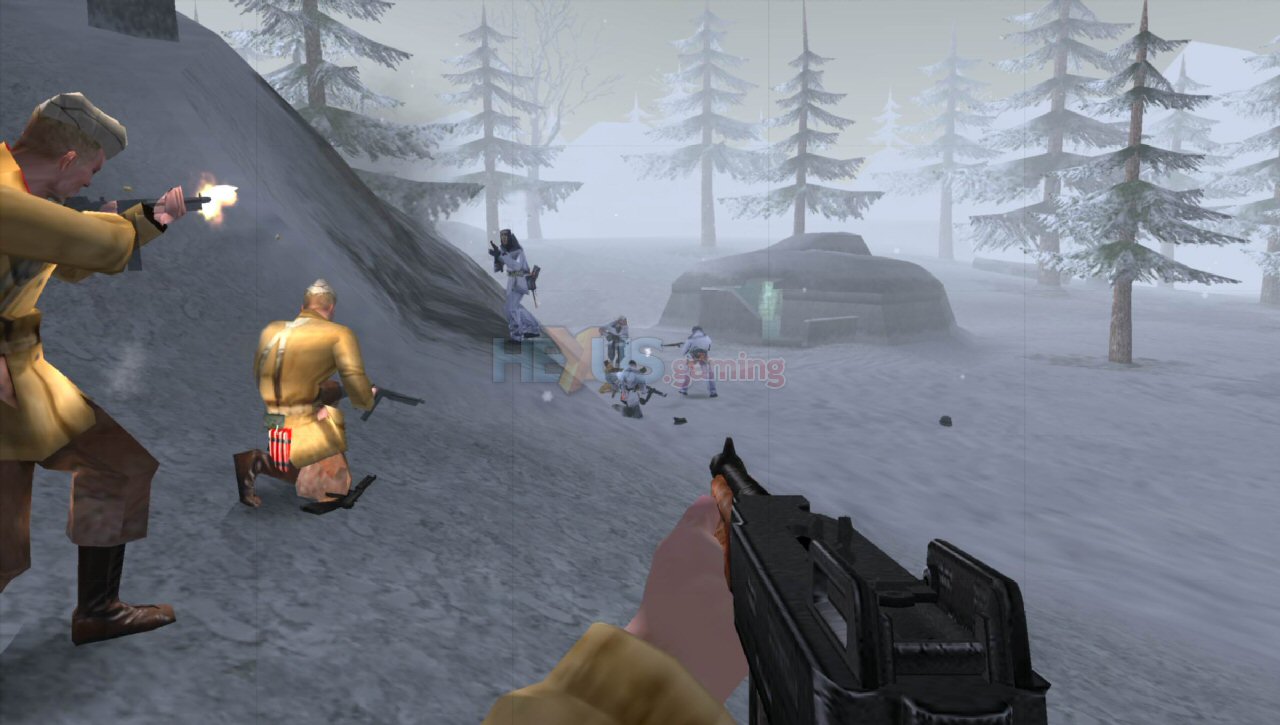It was with a sense of some foreboding that I read this story on the Beeb today, concerning the death of the last native speaker of the Eyak language of Alaska, which is now effectively extinct.
http://news.bbc.co.uk/1/hi/world/americas/7206411.stm
My gloom comes mainly from the starkness of this reminder of the fragility of so many of the world's minor languages, least of all my own native Welsh. To my mind, the story underline the brutality but also the inevitability of globalisation. This woman clearly had great pride in her language, but still did not, or was unable to pass the language on to her children "because they grew up at a time when it was considered wrong to speak anything but English." Thankfully in Wales that era is past, at least from an educational and political perspective.
The fact remains however that English (or another major business language) is a prerequisite in a globalised economy. Furthermore, knowledge of English facilitates economic mobility and results in Eyaks, or Welsh, leaving their native land for English-speaking areas that are economically more productive. This is not merely inevitable. It is also often necessary, as Maynard Keynes points out, when recession makes migration to areas with greater job opportunities essential for survival.
My point is this. The native areas of minority rarely have the economic capacity or the social allure (compared to the bright lights of the city) to retain a significant proportion of its youth. Minority language lobby groups such as Cymdeithas yr Iaith (The Welsh Language Society) must, I believe tailor their strategies accordingly. Yes, campaigns for affordable houses for local people have a part to play, but it is more important to acknowledge that a significant proportion of those people cannot or do not wish to buy a house in that area. Personally, this is self evident from the fact that the overwhelming majority of my friends who attended 6th form have left my hometown, either moving to Cardiff or England.
On this analysis, the key task for the Welsh Language Society and other lobby groups is to engage constructively with the migrants who move into Welsh speaking areas. That is why I have always been wary of large scale protests involving spray painting and the like - not because of the cause at issue, but because of the division these protest usually (if unintentionally) create between the two groups of people. Instead, I believe that a more productive approach would be to involve (English) migrants into the community as early and as deeply as possible. The actual teaching of Welsh can (and must) come later, but this is futile unless English migrants understand the issues at stake, and moreover have been welcomed into, and feel a sense of belonging to a 'Welsh' community.
Some Welsh campaigners will I'm sure decry this suggestion as unworkable, and I have no doubt that there are pockets of hostility to the Welsh language amongst English migrants. One thing is certain though; a friendly Welsh welcome is more likely to succeed than a hostile reception and a decent to 'them and us' politics. In today's world, I am convinced that this is the only viable long term strategy for minority languages. It won't be easy, but as the (badly translated) Welsh saying goes 'the oft hit stone will crack'.
Friday, 25 January 2008
Yma o hyd - In ever dwindling numbers?
Posted by Huw at 01:17
Subscribe to:
Post Comments (Atom)



2 comments:
bori dar, indeed.
Tae spik fan fowk cannae mak ye oot is fit its aw aboot. Spikken wer words is a' we can dae.
Duw, it's hard.
Post a Comment